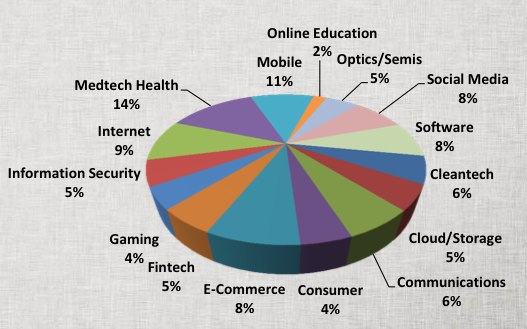Israeli M&A on fire: mid-2013 update
The Google acquisition of Israeli social navigation app Waze for $1.03 billion is one of the largest high-tech acquisitions in Israeli history (The all time record goes to Cisco for buying NDS in 2012 for the price of $5 billion). The interest of international tech giants in Israeli startups is nothing new. With more startup companies per capita than any other country, Israel is widely hailed as the Startup Nation. As we know, Israel is more than happy to sell its startups to large entities knocking on its door. According to the IVC Research Center, 2012 was one of Israel’s most successful years for high-tech M&A in the past decade, yielding $9.95 billion in exits – 88% above 2011 levels. When all is said and done, it’s not every day that you hear about titans like Google and Facebook going head to head in a race to buy out a company at these valuation levels. In the end, Google won the war for Waze by letting the company stay in Israel. It was reported that the Facebook tie-up fell apart over Facebook’s insistence on Waze moving its...
Read More







